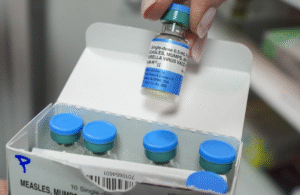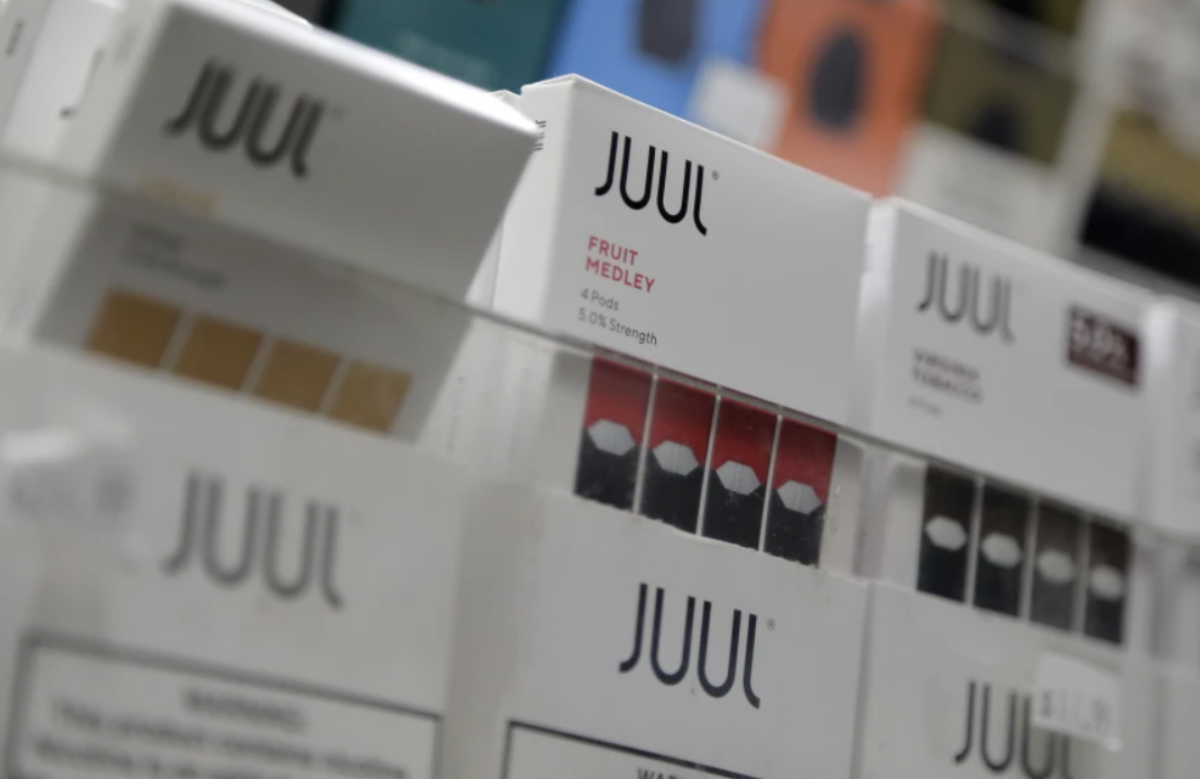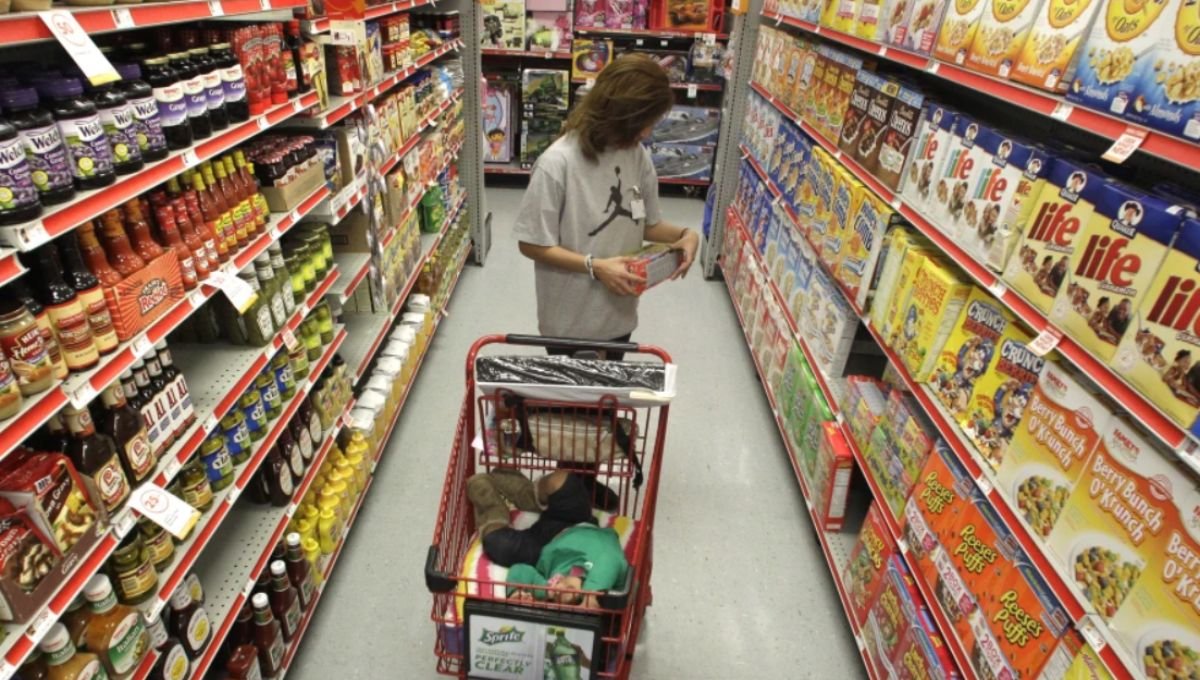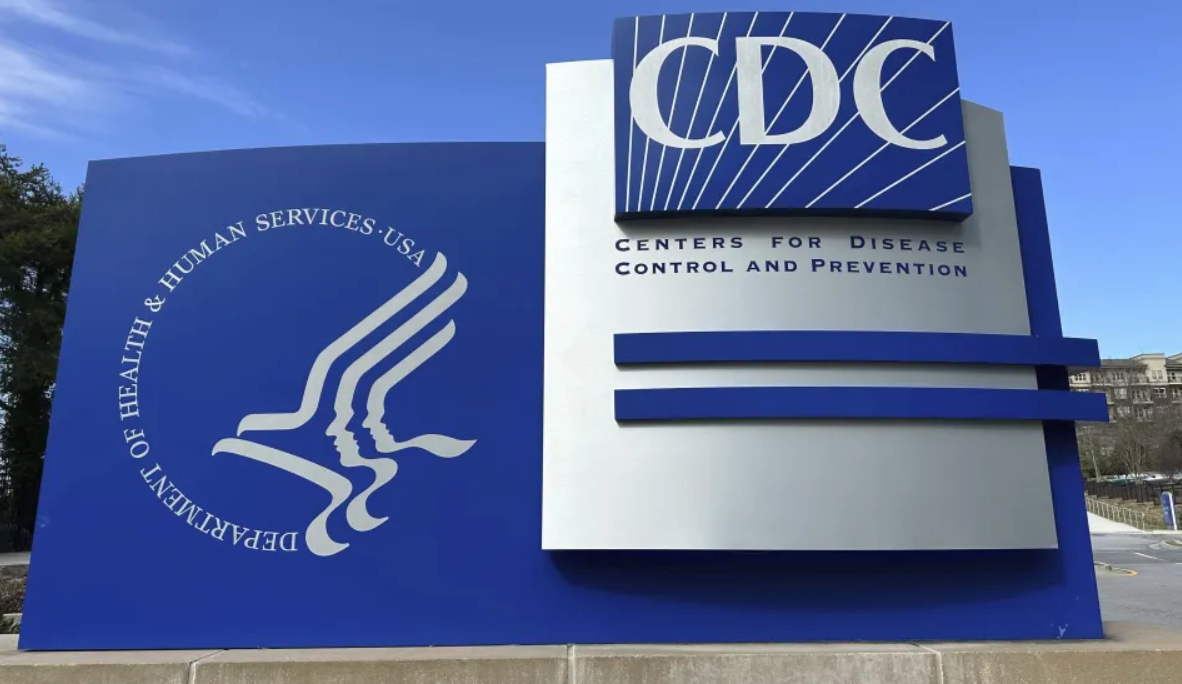Kentucky will receive $110 million in a settlement from one of the largest grocery chains in the U.S., The Kroger Co., following a lawsuit accusing the company of contributing to the opioid crisis. The settlement, announced by the state’s attorney general, will be used to address the addiction problem that has deeply affected Kentucky, which has one of the highest overdose death rates in the country.
Attorney General Russell Coleman criticized Kroger for allowing addiction to spread throughout the state, causing widespread suffering and devastation. He also stated that the settlement funds will go towards prevention and recovery initiatives, with Kroger agreeing to be part of the solution.
The lawsuit, filed by Coleman’s office in February of the previous year, claimed that Kroger’s pharmacies played a role in fueling the opioid epidemic. The case, filed in a state court, alleged that between 2006 and 2019, Kroger distributed approximately 444 million opioid doses in Kentucky, which accounted for 11% of all opioid pills sold in the state during that period.
Attorney General Russell Coleman expressed astonishment on Thursday, revealing that Kroger lacked a robust internal system to monitor or report suspicious activities related to the opioid distribution. He highlighted the absence of staff training and guidelines to prevent abuse, describing it as a serious oversight in the company’s operations.
Kroger, a major grocery chain in Kentucky, issued a statement on Thursday expressing hope that the settlement funds will be used effectively to address opioid abuse. The company denied the allegations that it failed to provide proper training or safeguards when dispensing opioid prescriptions, labeling the claims as “patently false.” Kroger emphasized that it has long offered comprehensive training to its pharmacy staff, along with tools to support pharmacists in making professional decisions.
Across the nation, thousands of state and local governments have taken legal action against pharmaceutical companies, distributors, pharmacies, and others involved in the opioid crisis.
The lawsuits claim that companies marketed opioids as nonaddictive and failed to properly monitor their distribution. At the height of the opioid crisis during the COVID-19 pandemic, these drugs were responsible for over 80,000 deaths annually in the U.S. However, by that time, illicit fentanyl, which was mixed into many illegal substances, became the leading cause of overdose deaths, surpassing prescription pills.
In Kentucky, drug overdose deaths saw a nearly 10% decline in 2023, marking the second consecutive year of decreases. Despite this progress, state officials emphasize that the battle against addiction is far from over. The improvements are attributed to a comprehensive approach, including treatment, prevention efforts, and law enforcement seizures of illegal drugs. Nevertheless, nearly 2,000 people in Kentucky still died from drug overdoses in 2023.
Kroger had already agreed to settle other lawsuits related to the opioid crisis in 2023, committing to pay up to $1.2 billion to state and local governments. However, Kentucky opted not to join the multistate lawsuit, a decision that paid off, according to Attorney General Russell Coleman.
Attorney General Russell Coleman explained that if Kentucky had joined the multistate settlement, the state would have only received around $50 million, which is less than half of the $110 million it secured through its own lawsuit against Kroger.
As part of ongoing efforts to address the opioid epidemic, lawsuits targeting pharmacy benefit managers (PBMs) are now emerging as the next major legal battleground. These PBMs, which manage prescription drug coverage for health insurers and employers, are accused of playing a role in the crisis. Coleman has filed lawsuits against two major PBMs, OptumRx and Express Scripts.
PBMs have significant influence over the drugs that are included in insurance formularies and can also control where patients can get their prescriptions filled.
Kentucky’s legal action against opioid-related companies has been led by a series of state attorneys general, including Governor Andy Beshear, who has continued the aggressive pursuit of these cases.
In the Kroger settlement, about $18 million will be allocated for attorney fees and related legal expenses. The rest of the funds will be used to support programs aimed at fighting opioid addiction in the state.
Half of the funds from Kentucky’s opioid settlement will be allocated directly to cities and counties, while the remaining portion will be distributed by a state commission to organizations working to combat addiction. The deadline for organizations to apply for the next round of grant funding is January 17, according to Coleman’s office.
In the previous year, the commission approved over $12 million in funding for 51 organizations across Kentucky, which were focused on prevention, treatment, and recovery programs.
Coleman emphasized, “This is real money making a real difference across the state.”
Additionally, U.S. Senator Mitch McConnell, a Republican, has supported the state’s efforts by securing significant federal funding to help address Kentucky’s addiction crisis.














